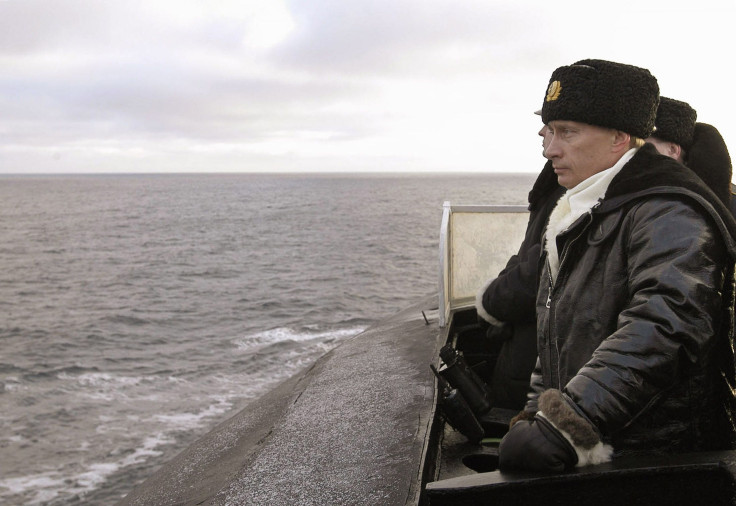Finland-NATO Controversy: ‘Serious Crisis’ Possible With Russia If European Nation Joins, Report Says

Finland could see a "serious crisis" with Russia if it joins NATO, experts warned in a report commissioned by the Finnish government. The report comes as tensions between the two countries have heightened amid Russian military ambition in the Arctic Circle and in Ukraine.
"Finland joining NATO with Sweden staying out would create a strategically awkward situation, leaving Finland as a strategic outpost without territorial contiguity with NATO," read an excerpt from the report published Friday, which added, "Membership would probably also lead to a serious crisis with Russia, for an undefined period of time."
Finland and Sweden have been considering joining the intergovernmental military alliance, though the nation has historically been militarily neutral. More than half of Finns — 55 percent — recently polled by public broadcaster YLE said they would be opposed to the country joining NATO, with just 22 percent saying they would support it.
Pressure to join NATO or find other ways of securing the nation's borders has grown over the past several years as Russia increased its presence in the Baltic Sea. The Kremlin has submitted vast land claims over the waters in the region and completed a military base in the Arctic last year. The last time Russia attacked Finland was during World War II, and both political and trade relations between the two nations have been relatively successful in the period since.

Following Russia’s 2014 annexation of the Crimean peninsula, as well as ongoing exercises and plans for expansion in the Arctic Circle, Finland has focused increasingly on its 830-mile border with Russia. Moscow once ruled Finland, and the northern European nation won its independence in 1917.
For now, however, Finland remained intent on maintaining its neutrality in this situation. "This is a question of grand strategy," Finnish Prime Minister Sipila told reporters on Friday, adding, "Small nations do not often change their basic foreign policy guidelines."
© Copyright IBTimes 2024. All rights reserved.






















